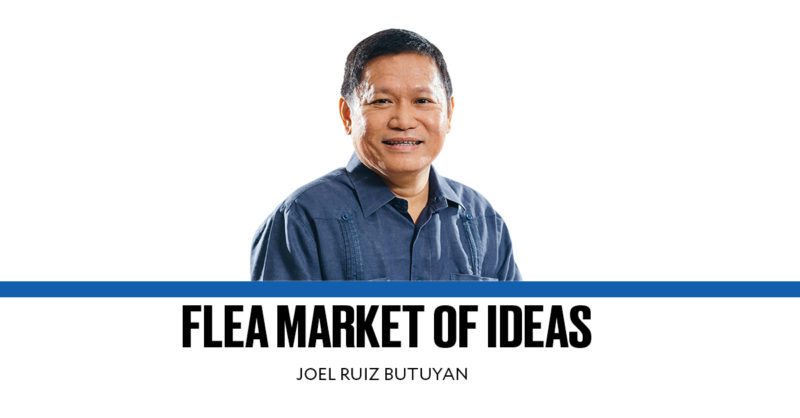Among all the gambling activities authorized and participated in by the national government, the small town lottery (STL) stands out as the most detrimental to society. The government’s behavior in facilitating STL operations across the country is comparable to that of gambling lords. Unlike casinos and lotteries, where individuals need to travel to participate, STL operators employ teams of solicitors who go from house to house, preying on the impoverished masses. This form of gambling is particularly insidious and lacks sufficient safeguards or regard for people’s well-being.
Let’s consider the case of a gambling operator authorized by the Philippine Charity Sweepstakes Office (PCSO) to operate in a small town in Cagayan province. Due to the mindset created by the PCSO, which grants private gambling operators immunity from local regulations, this operator brazenly opened its business within 100 meters of several schools and a local church, in clear violation of gambling rules. Moreover, this operator failed to obtain permits for fire safety, sanitation, zoning, building, and business operations. Essentially, their attitude is that they don’t care if the public is exposed to fire hazards and other safety risks. They freely dispose of their waste and sewage on public land, with no fear of repercussions. They believe they are immune from liability.
STL operators become the dominant business entities in the towns they operate in, earning millions in monthly revenue from residents. If small retail stores are required to obtain local permits, why do these gambling operators feel exempt from the same regulations? The PCSO deludes itself into thinking it is performing a public service by partnering with private entities for gambling operations. However, the truth is that the PCSO, along with its private operators, generate revenue from the gambling business rather than performing a genuine public function. A significant portion of the gambling revenues goes directly to the private operator as business profit. This revenue generation differs greatly from the functions of the Bureau of Internal Revenue (BIR) and Bureau of Customs (BOC), which involve tax collection. The PCSO’s engagement in the gambling business should not be confused with its charity work. While the PCSO’s charity work can be considered a public service, its gambling activities are essentially non-governmental functions, primarily serving the profit motives of private entities. Laws governing private businesses should regulate the PCSO’s gambling operations, while rules on public service should oversee its charity work.
Local governments have the authority to closely scrutinize STL operations within their jurisdictions. They possess various tools and resources, as outlined in the PCSO’s 2020 STL revised implementing rules and regulations. Illegal gambling occurs when no official ticket is issued to a bettor. Additionally, there are grounds to argue that the maximum bet should be limited to P7.50 per day, and operators who fail to comply with regulations should face consequences. The practice of conducting multiple draws per day should also be questioned. Congress has the power to investigate and should utilize it to address these matters.
STL rules require operators to use fixed or handheld terminals/devices, yet the PCSO has failed to make this requirement mandatory more than 30 years since the inception of STL. Every bet placed should be reported in real time to the PCSO, similar to the practice of lotto outlets. However, the PCSO has not expedited the implementation of this requirement. Without such a system in place, it’s unclear how the PCSO ensures accurate reporting of daily gross revenues and the appropriate distribution of its share. Can we believe gambling operators are truthful when reporting revenues to the PCSO? Congress should examine the total monthly remittances of STL operators and verify their accuracy by cross-checking them with the number of draws conducted each day in each province. If operators consistently report revenues equal to their guaranteed minimum monthly retail receipts, it raises suspicions.
The government was entrusted with the gambling monopoly primarily to eradicate harmful practices and ensure that gambling revenue is used for worthy purposes. However, the government’s conduct in STL operations reveals a mindset and approach reminiscent of outlawed gambling lords.
Denial of responsibility! VigourTimes is an automatic aggregator of Global media. In each content, the hyperlink to the primary source is specified. All trademarks belong to their rightful owners, and all materials to their authors. For any complaint, please reach us at – [email protected]. We will take necessary action within 24 hours.


